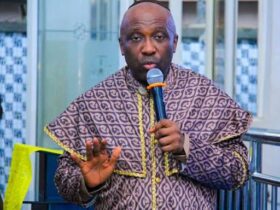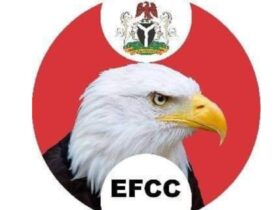“We have received hundreds of memoranda addressing key issues that were not resolved by previous amendments, mainly due to lack of national consensus and evolving dynamics of modern governance.
“Key issues which need to be addressed include electoral reforms and adjudication; judicial reforms focused on case management and administration; enhancements to local government administration,” he said.
The senator listed the other issues to include involvement of the traditional institution in contemporary governance, and ensuring gender equity and inclusion in governance.
“Others are the devolution and distribution of power; the structure of our federation; and concerns related to security and policing,” he said.
Barau said that the issues had continued to dominate public discourse, with many Nigerians advocating a legislative action to address them.
Barau urged stakeholders present at the public hearing to see their participation as a contribution to the advancement of democratic practices and shaping of national destiny.
He said the committee’s mandate was to foster a broad national consensus rather than echo the voice of a powerful minority.
Dr Abiola Akiode-Afolabi, speaking on behalf of civil society organisations, called for a deliberate policy to implement the 35 per cent Affirmative Action for women in government.
Akiode-Afolabi, the Executive Director of Women Advocates Research and Documentation Center, said there was need to implement the affirmative action.
She urged the President Bola Tinubu administration to assent to the National Gender Policy to agree on the 35 per cent affirmative action.
NAN reports that the event was attended by stakeholders from the South-West Geo-political Zone.
They include Lagos Deputy Gov. Obafemi Hamzat, senators, members of civil society organisations, traditional leaders and community leaders. (NAN)










Got a Questions?
Find us on Socials or Contact us and we’ll get back to you as soon as possible.